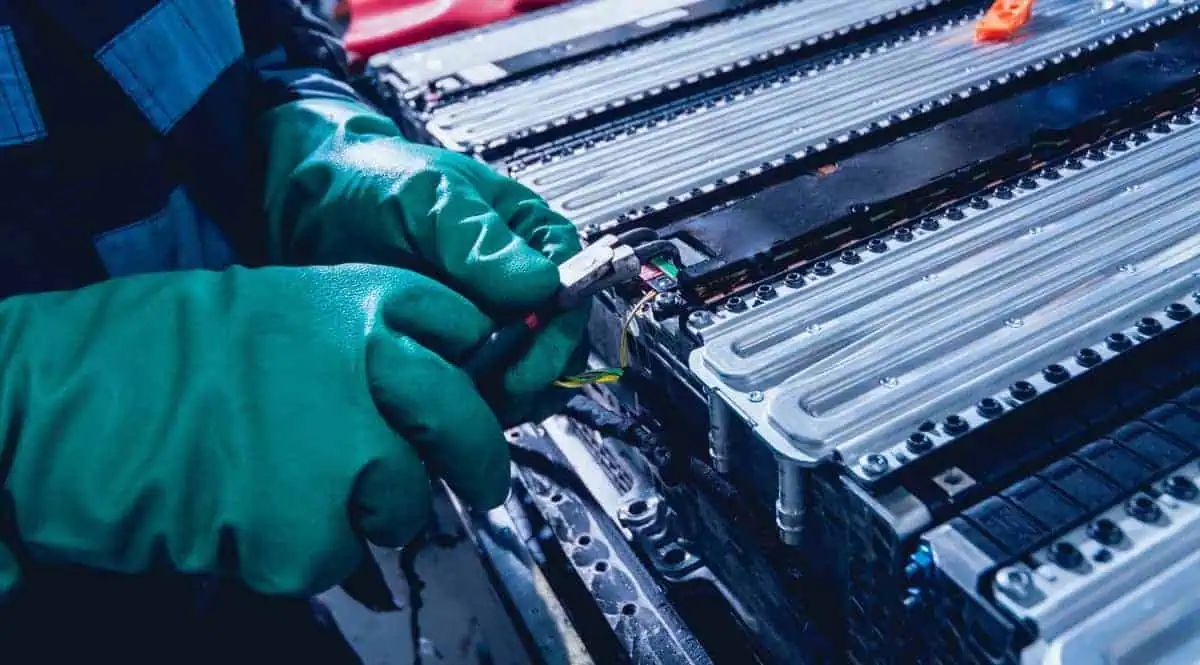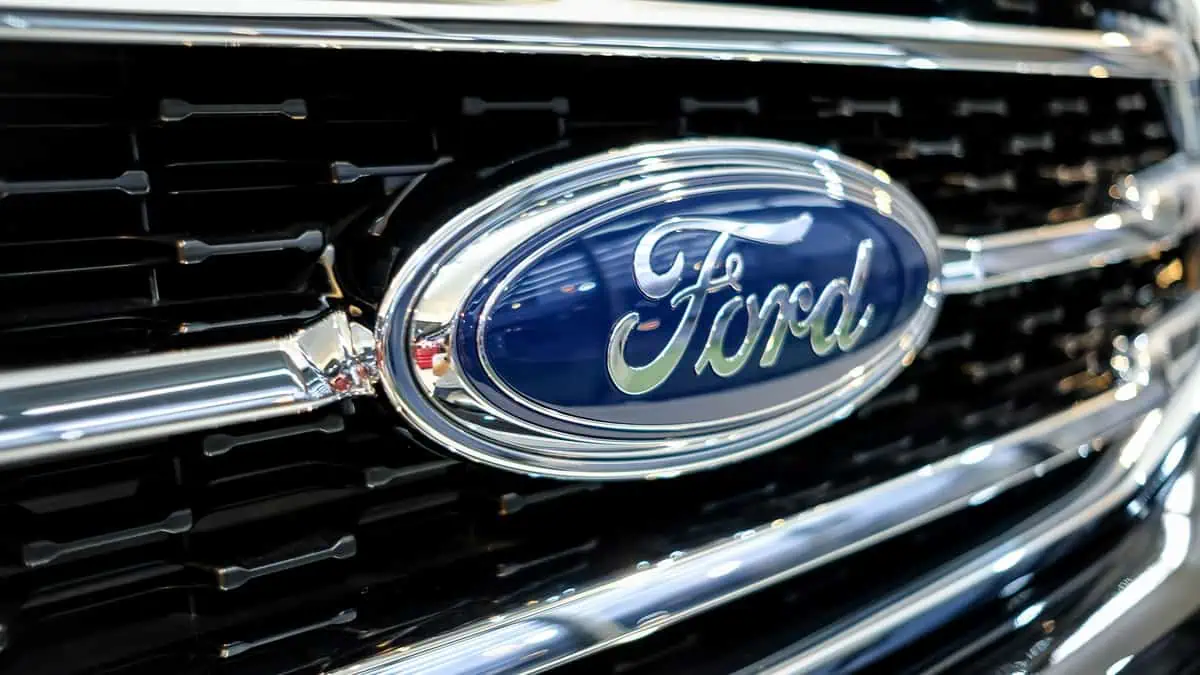The leading recycler of li-ion batteries in North America, Li-Cycle Corp., announced the commencement of commercial operations at its new battery recycling facility in Tuscaloosa, Alabama, according to TechCrunch.
In retrospect, the said Alabama plant was announced by the company in September 2021. As per Li-Cycle, the project’s goal is to process an increasing amount of li-ion battery scrap in the United States for reuse by electric vehicleautomakers.
Ajay Kochhar, Li-Cycle’s chief executive, stated, “In the past 5 months alone there has been this emergence of additional battery cell manufacturing plants in the US southeastern corridor, and there’s really no recycling solution in that region yet.”
According to Green Stock News, the Alabama Spoke recycles and processes entire EV battery packs without any disassembly using LiCycle’s unique and eco-friendly technology through a “submerged shredding process that produces no wastewater.” Notably, the facility is reportedly larger than 100,000 square feet and has an additional 120,000 square feet of storage space.
“Li-Cycle’s new battery recycling facility in Tuscaloosa adds a dynamic new dimension to Alabama’s evolving auto industry,” Alabama Governor Kay Ivey said. “This facility will play an important role in the lifecycle of batteries powering electric vehicles by contributing an innovative sustainability solution.”
“We are excited to announce that our Alabama Spoke has commenced operations,” said Ajay Kochhar, co-founder, and CEO of Li-Cycle. “This facility enhances our ability to support the recycling needs of our diverse and growing customer base in North America to ensure lithium-ion battery material is recycled in an environmentally friendly and safe manner. Li-Cycle is creating an essential domestic supply of recycled material to support EV production and assist automakers in meeting their domestic production content requirements.”
The Toronto-based business, Li-Cycle, also has facilities in Gilbert, Arizona, and Rochester, New York. Remarkably, it can process up to 10,000 tons of manufacturing scrap and expired batteries annually. It equates to about 20,000 EVs every year.
The report also noted that the newest factory is situated in the southeastern US to accommodate the region’s expanding EV and battery supply chain.
For instance, the 2023 Mercedes-Benz EQS SUV, the automaker’s first battery-electric utility vehicle for the US market, began production at the Tuscaloosa factory in August.
Notably, an industry-wide drive to gain more control over supply chains and battery tech is evident in the current rush of efforts to develop a sustainable battery lifecycle. While doing so, they are taking advantage of onshore tax benefits worth tens of billions of dollars offered by the Inflation Reduction Act.
Furthermore, Stellantis reportedly plans to establish a new company division devoted to sustainability and battery recycling. By the decade’s end, around $2 billion is anticipated to have been raised for the said objective.
The report also indicated that Stellantis’ “new circular economy hub, which runs the four-stage battery lifecycle — remanufacture, repair, reuse and recycle — is scheduled to open next year at its Mirafiori Complex in Italy.”
It is also worth noting that COVID-19 and the crisis in Ukraine have caused supply chain issues and increased raw material costs. However, these issues are believed to be reduced by relocating battery production to the US. This will also guarantee that automakers can get enough battery packs to complete their EV order books.
That said, a collaboration between General Motors and Lithion Recycling was also launched last week to start producing new batteries using recycled battery materials in 2023. In order to effectively recycle EV batteries, the partnership will strive to create a circular ecosystem.
On the other hand, Redwood Materials intends to “collect, refurbish, and recycle” batteries and battery-related materials to ship to its planned battery plant in North Carolina. In order to do this, it has agreements with Toyota and collaborations with Ford, Volkswagen, and Volvo. By the end of the decade, it anticipates that the market for battery recycling will reach $18.7 billion.
Recycling electric vehicle batteries can play a significant role in the fight against pollution and in preventing the complete exhaustion of the earth’s limited resources. We should be optimistic that a circular economy for li-ion batteries is evolving, with the government and manufacturers cooperating to enable the optimization of recycling infrastructure.






